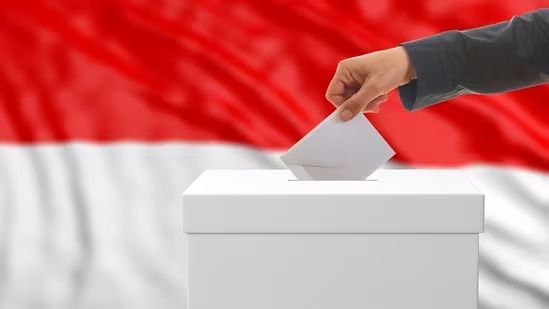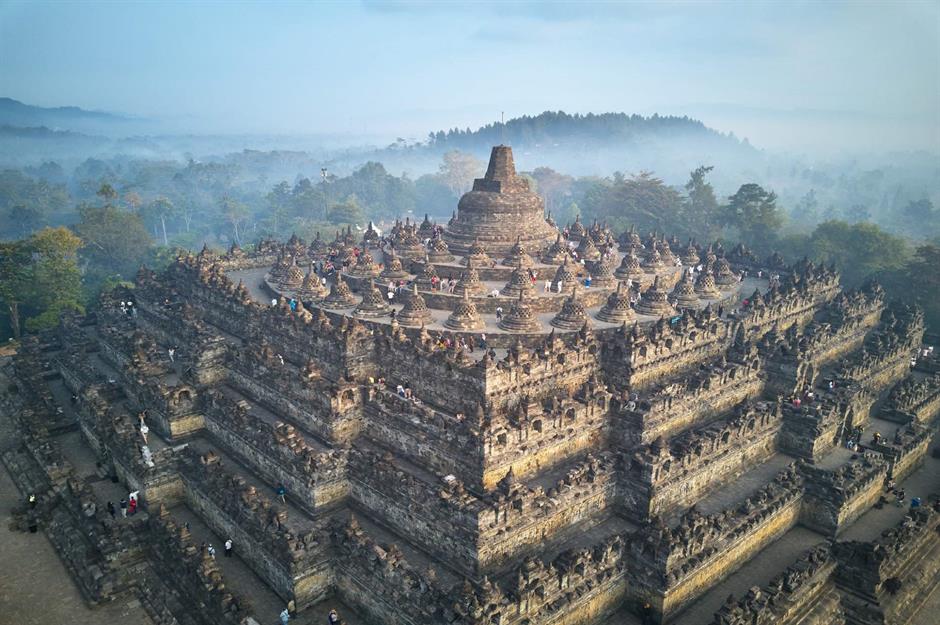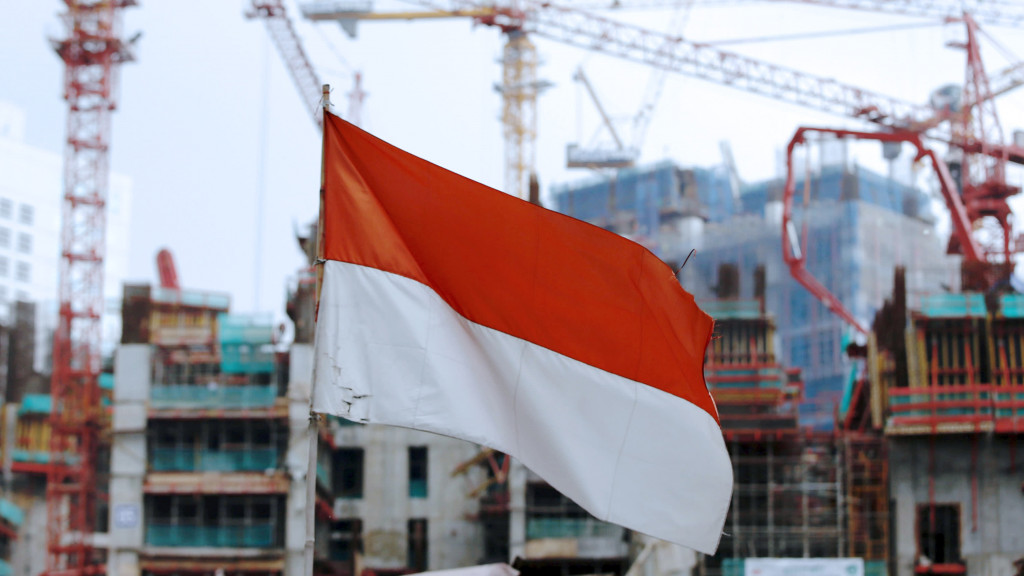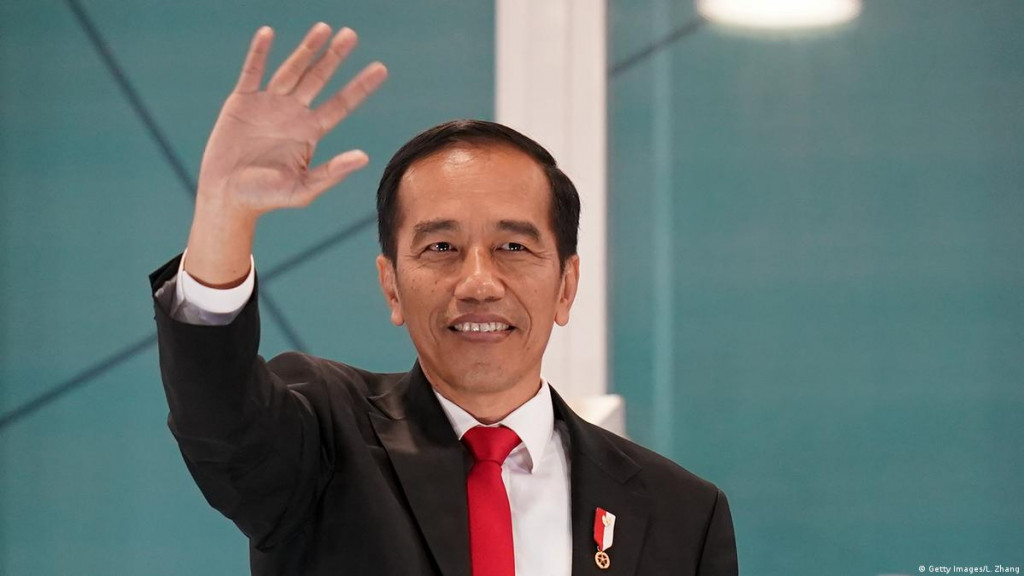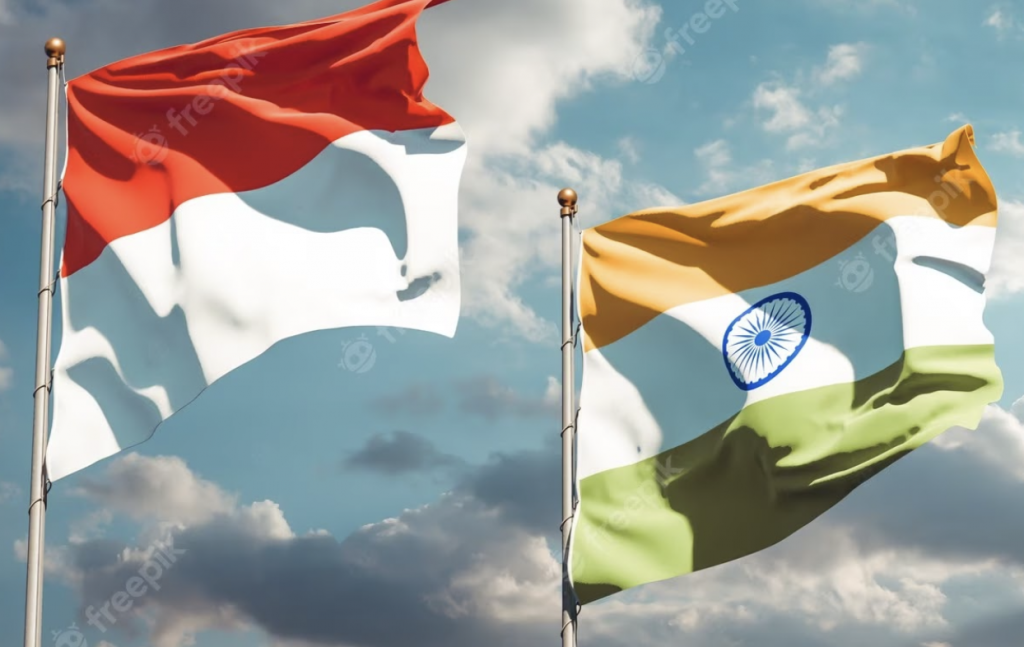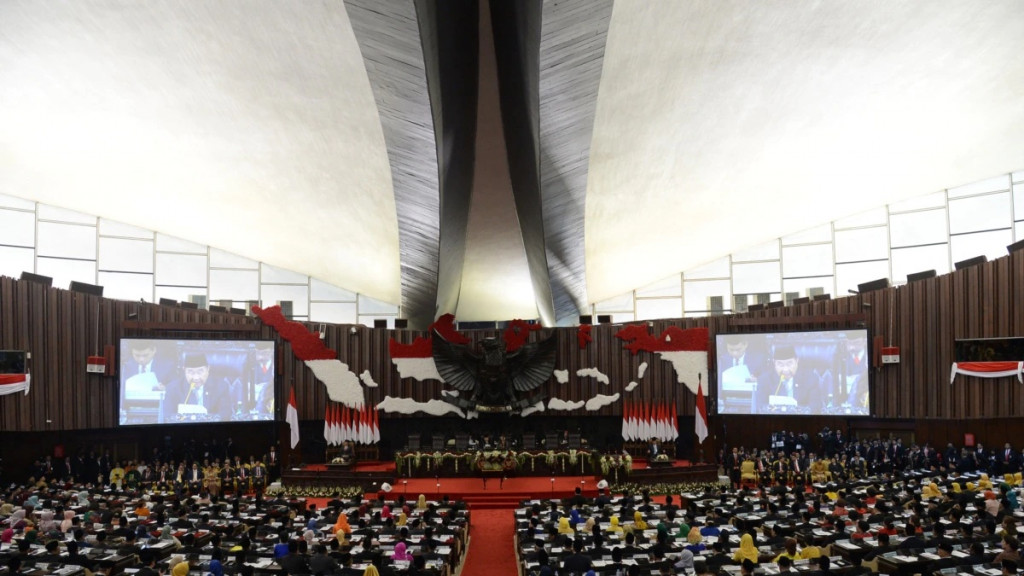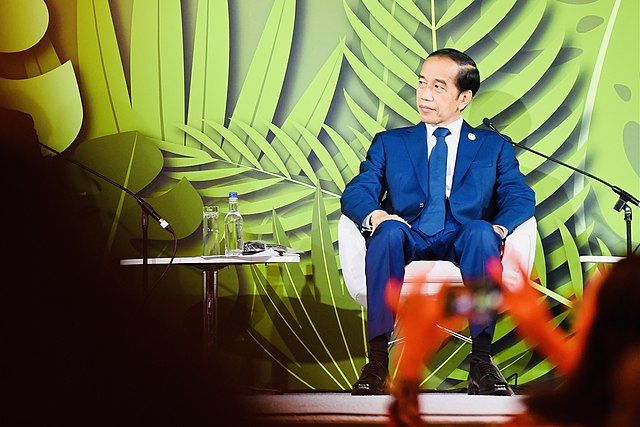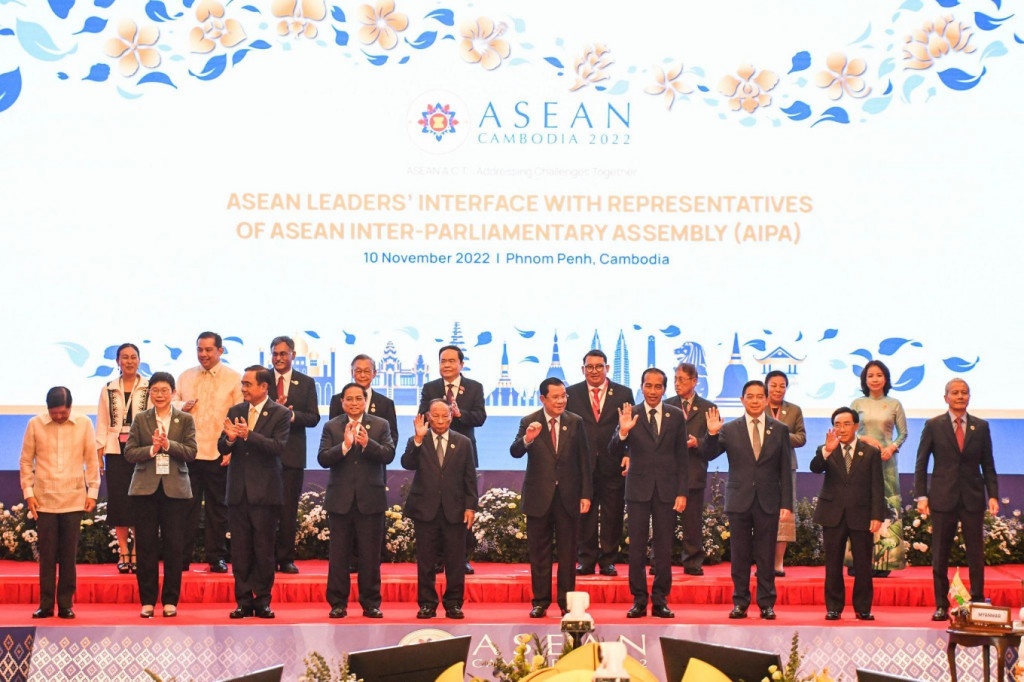The Indonesian presidential elections take place on Wednesday 14 February. The vote is highly anticipated to understand who will be Joko Widodo's successor
By Aniello Iannone
On December 12, the presidential debate in Indonesia brought together presidential candidates Ganjar Pranowo (PDI-P), Prabowo Subianto (Gerindra) and Anies (AMIN coalition composed of (PAN): the National Commitment Party, a moderate nationalist party and Islamic, and (PKS): the Justice and Prosperity Party, an Islamic political party that is based on the principles of Islam and seeks to implement policies in line with Islamic values in society and government.The vice presidential candidate next in Anies Baswedan, Muhaimin Iskandar, is the secretary of the party.Finally, the (PPP): the Unity and Development Party, is a political party formed by Islamic organizations, whose policies are centered on the principles of Islam and active participation in nation building and development. ), who debated Indonesian political issues. Among the topics discussed were the fight against corruption, the protection of minorities, the Papua issue, the democracy index and economic development. Although the debate highlighted the differences in the candidates' programs, the ethical question, in particular linked to Gibran, Joko Widodo's son and vice-presidential candidate, added a unique complexity in view of the upcoming elections, among the most significant post-Soeharto.
Family matters
The choice of vice president plays a crucial role in Indonesian elections, particularly involving those who may not fully identify with the presidential candidate. This dynamic emerged clearly during the 2019 elections, especially after the scandal of the Ahok case, the former governor of Jakarta who in 2018 was accused of blasphemy, from which Joko Widodo had to face instability and political criticism, especially from radical Muslim groups in Indonesia, such as the Muslim Defense Front, who accused him of being a communist and of Chinese descent. The use of political identity in Indonesia partially reflects the country's historical and political process, not based on narrative ideology, but on political identity.
In this context, during the 2019 election campaign, Jokowi chose Ma'ruf Amin, a senior representative of the Indonesian Muslim organization, as a strategy to gain the support of a Muslim population skeptical of his party. This choice has proven effective, although it has prompted questions from nationalists who struggle to identify an identity connection between PDI-P and Ma'ruf Amin.
The political situation in Indonesia has reached partly paradoxical situations. After his defeat in the 2019 elections, Prabowo, the defeated candidate, surprisingly took over as Defense Minister in the Jokowi 2.0 government, a key role that helped reduce and weaken the opposition. This event, along with subsequent strategic maneuvers during the 2024 election campaign, raised suspicions about the direction of Indonesian politics. Jokowi's shadow is cast over the vice president elections, with Gibran, son, current mayor of Surakarta, proposed as vice president candidate.
Gibran, currently 36 years old, should not have been able to run as he is below the age limit allowed by the Indonesian constitution to become vice president, i.e. 40 years. However, through a legislative reform, Constitutional Court judge Anwar Usman, (husband of Idayati, sister of President Joko Widodo) initiated the initiative to change the rules to the advantage of Joko Widodo and Gibran. This maneuver resulted in the reduction of the minimum age to run for office from 40 to 35, with special provisions requiring at least one term as mayor. In practice, it is an ad-hoc law designed specifically for Gibran.
A few months before February 14, election day, the political landscape in Indonesia is preparing to face inevitable conflicts between coalitions and alliances. Joko Widodo always seems closer to the Gerindra party rather than the PDIP. If Prabowo-Gibran were to win, Joko Widodo is likely to take a key role, perhaps in a ministry, acting as a mediator between Gibran and Prabowo, forming a nuanced third term. However, the prospect of Prabowo-Gibran's victory raises not only political, but also social questions. Questions arise about what factors push the population to vote for a party composed of a person accused of human rights violations and crimes against humanity, like Prabowo, and a young man who grew up in his father's shadow.
This situation raises interesting questions about the political and social awareness of Indonesian voters. Entrusting political responsibilities to leaders with a controversial history and the promotion of a political heir become elements of profound reflection in the context of the country's democratic framework. It is hoped that the community will be able to weigh the weight of moral considerations and human rights in the context of their political choices, perhaps opening a new chapter in Indonesia's political history. The outcome of the upcoming elections will not only determine the composition of the government, but may also influence the international perception of Indonesia and its position in the global political landscape. There remains a big question mark over how Indonesian society will respond to this crucial challenge and how the election results will shape the country's future.

